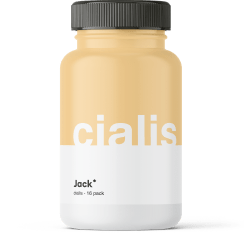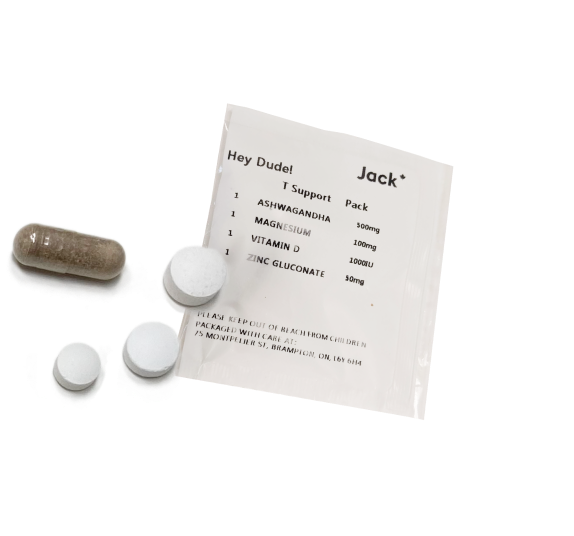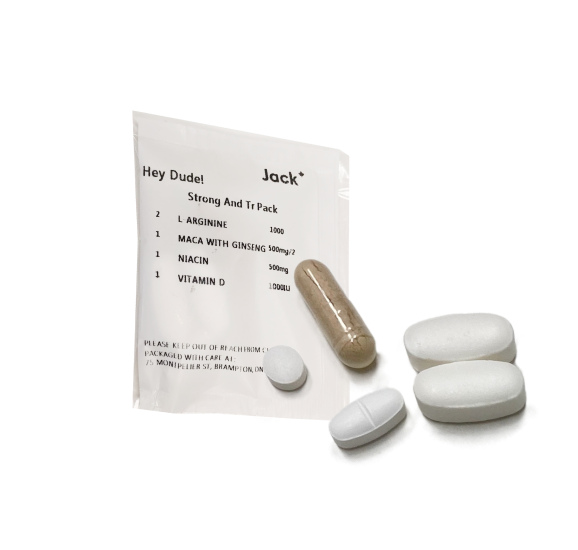Testosterone Replacement Therapy significantly differs from the misuse of steroids.
While TRT helps men to treat testosterone deficiency, steroids, on the other hand, are simply derivatives of testosterone and help muscle growth and physical performance.
Through a comprehensive exploration of their medical, legal, and health aspects, this guide seeks to provide clarity, debunk myths, and assist individuals in confidently navigating their options.
What is Testosterone Replacement Therapy (TRT)?
Testosterone Replacement Therapy (TRT) is a medical treatment designed to restore, elevate, and optimize hormone levels in individuals experiencing low testosterone, also known as hypogonadism.
The goal of TRT is to improve symptoms associated with testosterone deficiency, such as reduced muscle mass, decreased libido, fatigue, and poor mood. By restoring testosterone levels to their natural state, TRT can enhance overall health, support metabolic functions, and contribute to a better quality of life. This therapeutic approach requires careful supervision by healthcare professionals to ensure safety, effectiveness, and to mitigate potential risks associated with hormone replacement.
What are Steroids?
Steroids, encompassing anabolic-androgenic steroids (AAS), are synthetic derivatives of testosterone designed to amplify and fortify muscle growth, strength, and physical performance. These potent compounds mimic natural testosterone’s anabolic (muscle-building) and androgenic (masculinizing) effects, leading to enhanced physical attributes and performance-enhancing capabilities.
Steroids are utilized in various medical and therapeutic contexts but are most notoriously known for their use in bodybuilding and athletic enhancement. While steroids can significantly boost muscle mass, accelerate recovery, and improve physical performance, their administration must be approached with caution due to potential side effects and health risks, such as hormonal imbalance, liver damage, and cardiovascular issues.
Therefore, steroid use is typically regulated and should be carried out under a healthcare provider’s strict guidance and prescription to ensure the balance between achieving desired outcomes and maintaining health and safety.
Differences Between TRT and Steroids
The main difference between Testosterone Replacement Therapy (TRT) and steroids lies in their purpose, use, and the medical oversight involved in their administration. While both involve the use of testosterone or testosterone-like compounds, their goals, dosage, and implications for health and wellness vary significantly.
The Contrast in Purpose and Use
TRT is a medically supervised therapy aimed at treating individuals diagnosed with low testosterone levels (hypogonadism) or related health conditions. Its primary purpose is to restore natural testosterone levels to alleviate symptoms such as fatigue, decreased libido, and loss of muscle mass, thereby improving the patient’s quality of life.
TRT is prescribed following a thorough evaluation and diagnosis by healthcare professionals, ensuring that the treatment is necessary and tailored to the individual’s specific health needs.
On the other hand, steroids, particularly anabolic-androgenic steroids (AAS), are often associated with their use in bodybuilding and sports to amplify muscle mass, strength, and overall physical performance.
Unlike TRT, the use of steroids for performance enhancement is not typically overseen by medical professionals and can lead to doses and usage patterns that pose significant health risks, including hormonal imbalances, liver damage, and increased risk of heart disease.
Dosage Distinctions Between TRT and Steroid Use
The dosage and administration of TRT are carefully calibrated to mimic the body’s natural testosterone production, aiming to achieve and maintain hormone levels within the normal physiological range.
Healthcare providers prescribe TRT in controlled, therapeutic doses based on regular monitoring of the patient’s hormone levels and symptoms, adjusting the treatment as needed to ensure effectiveness and minimize side effects.
Conversely, steroid use, particularly for performance enhancement, often involves doses that exceed the body’s natural testosterone production significantly. This can lead to more pronounced physical effects but also increases the likelihood of adverse health outcomes.
The lack of medical supervision in non-therapeutic steroid use means that individuals often make dosage decisions without a comprehensive understanding of the potential risks and side effects, contributing to the potential for abuse and health complications.
In summary, while TRT and steroids may share some similarities in their chemical makeup and effects on the body, their differences in purpose, medical supervision, and dosage highlight the importance of understanding and respecting the distinct roles each plays in health and performance enhancement.
Health and Legal Implications
The use of testosterone replacement therapy (TRT) and steroids brings with it not only health considerations but also legal implications, especially in the context of sports and regulated activities. Understanding these aspects is crucial for anyone considering these treatments for health or performance enhancement.
Legal Status and Sports Regulations
The legal status of TRT and steroids varies significantly, largely depending on the purpose of use and the regulatory environment of the country in question. TRT, when prescribed by a healthcare provider for the treatment of diagnosed conditions like hypogonadism, is generally legal and considered a legitimate medical therapy. Patients undergoing TRT are using testosterone under medical supervision to restore their hormone levels to the normal range, addressing specific health issues.
In contrast, the use of anabolic steroids without a prescription is illegal in many jurisdictions, due to their potential for abuse and the health risks they pose. Steroids have been classified as controlled substances in several countries, including the United States, where possessing them without a prescription can lead to legal penalties.
In the realm of sports, both TRT and steroids are subject to strict regulations. Governing bodies like the World Anti-Doping Agency (WADA) have placed anabolic steroids on the prohibited list, making their use a violation of anti-doping rules.
Athletes found using steroids without a therapeutic use exemption (TUE) for a diagnosed medical condition face sanctions, including bans from competition.
TRT can also fall under scrutiny in sports; athletes who require TRT for legitimate health reasons must navigate the TUE process to avoid violating anti-doping regulations.
Health Risks Associated with Steroids vs. TRT
The health risks associated with steroids and TRT can vary widely, primarily due to differences in dosage, supervision, and the individual’s health status. Steroid use, especially at high doses for performance enhancement, is linked to a range of adverse effects. These can include hormonal imbalances, liver damage, cardiovascular problems, psychiatric effects, and an increased risk of certain cancers. The unsupervised use of steroids amplifies these risks, as individuals may not manage side effects promptly or effectively.
When administered under a healthcare professional’s guidance, TRT aims to minimize risks by tailoring the dosage to the individual’s needs, closely monitoring responses, and adjusting treatment as necessary.
The goal is to achieve benefits such as improved mood, energy levels, and physical health, while carefully managing potential side effects like changes in blood lipids, sleep apnea exacerbation, or prostate health issues.
Overall, while both TRT and steroids can have significant implications for health and legal status, the key distinctions lie in their intended use, regulatory oversight, and approach to minimizing health risks.
These differences underscore the importance of informed decision-making and adherence to legal and medical guidelines when considering testosterone-related therapies.
Decision Making: TRT or Steroids
Choosing between Testosterone Replacement Therapy (TRT) and steroids involves understanding their distinct purposes, potential benefits, and risks. This decision is crucial for those looking to address health issues or enhance physical performance and should be made with careful consideration of individual needs, health status, and goals.
Who Needs TRT and Who Might Use Steroids?
TRT is specifically designed for individuals diagnosed with low testosterone levels or hypogonadism, which can arise from natural aging, certain medical conditions, or treatments that have affected hormone production. S
ymptoms might include fatigue, decreased libido, loss of muscle mass, and mood changes. For these individuals, TRT offers a medically supervised approach to restoring testosterone levels to the normal range, aiming to alleviate these symptoms and improve quality of life.
Steroids, particularly anabolic-androgenic steroids, are often sought out by individuals looking to enhance muscle mass, strength, and overall physical performance beyond what is achievable through natural means alone. This includes athletes, bodybuilders, and fitness enthusiasts. However, it’s crucial to note that the non-medical use of steroids carries significant health risks and legal implications, making it a less advisable path for those seeking health and wellness improvements.
Consulting with Healthcare Professionals
Making an informed decision between TRT and steroids necessitates a thorough evaluation by healthcare professionals. This process involves:
- Medical Assessment: A comprehensive examination and testing to diagnose low testosterone or other conditions, understand the potential causes, and evaluate overall health status.
- Risk-Benefit Analysis: Discussing the potential benefits and risks of TRT or steroid use, considering individual health conditions, lifestyle, and goals.
- Guidance and Supervision: For those who are candidates for TRT, a healthcare provider can offer tailored treatment plans, dosages, and ongoing monitoring to optimize benefits and minimize risks.
- Legal and Ethical Considerations: A professional can also provide advice on the legal status of TRT and steroids, helping individuals make choices that align with laws and regulations, particularly in sports and competitive environments.
Consulting with healthcare professionals ensures that any decision to begin TRT or consider other interventions is based on a solid foundation of medical knowledge, personalized care, and legal compliance. This approach supports informed decision-making, prioritizes health and safety, and aligns treatment with individual needs and goals.
Key Takeaways
- Critical Role of Professional Evaluation: Before considering Testosterone Replacement Therapy (TRT), undergoing a comprehensive evaluation by healthcare professionals is essential. This includes assessing symptoms, conducting blood tests to measure testosterone levels, and reviewing medical history to diagnose low testosterone or hypogonadism accurately. This meticulous approach ensures that TRT is recommended based on a clear understanding of individual health needs and conditions.
- Distinguishing TRT from Steroid Abuse: Understanding the differences between medically supervised TRT and steroid abuse is vital. TRT is aimed at restoring natural testosterone levels to alleviate symptoms associated with low testosterone, under the strict guidance of healthcare providers. In contrast, steroid abuse, characterized by the use of excessive doses for performance enhancement, leads to harmful side effects and health risks, marking a clear distinction in purpose and outcome between the two practices.
- Lifestyle Modifications as a Potential Alternative or Complement: Emphasizing the importance of lifestyle changes is crucial in potentially negating the need for TRT or steroids. Diet, exercise, weight management, sufficient sleep, and stress management can naturally improve testosterone levels and overall health. While these changes are beneficial, they may not fully substitute for TRT in individuals with clinically low testosterone levels, highlighting the need for a personalized approach under medical advice.
Frequently Asked Questions
How to Determine if TRT is Right for You?
To determine if Testosterone Replacement Therapy (TRT) is right for you, a detailed evaluation is necessary, starting with recognizing symptoms of low testosterone like fatigue, reduced sex drive, less muscle mass, and mood fluctuations. Blood tests are vital for measuring testosterone levels, typically performed in the morning when levels peak. A healthcare provider will consider these symptoms, test results, and your medical history to diagnose low testosterone or hypogonadism. It’s also important to assess other health issues that could impact testosterone, such as obesity, diabetes, or thyroid problems. Understanding the advantages and potential side effects of TRT is crucial. Consulting with a healthcare provider will help you make an informed choice, taking into account a complete diagnostic procedure and a personalized evaluation of the benefits and risks.
What Are the Signs of Steroid Abuse Compared to TRT Use?
The signs of steroid abuse differ markedly from those associated with medically supervised Testosterone Replacement Therapy (TRT). Indicators of steroid misuse include rapid muscle growth that exceeds expectations from diet and exercise, severe acne, significant mood swings and aggression often referred to as “roid rage,” physical alterations such as voice deepening, increased body hair, and facial structure changes, as well as serious health problems like liver damage, cardiovascular issues, and compromised fertility. In contrast, individuals undergoing TRT under medical guidance should not experience these symptoms if the therapy is conducted correctly and within prescribed limits.
Can Lifestyle Changes Negate the Need for TRT or Steroids?
Lifestyle changes can significantly impact testosterone levels and overall health, potentially lessening the need for Testosterone Replacement Therapy (TRT) or the use of steroids for performance enhancement. Key changes include a nutrient-rich diet emphasizing zinc, vitamin D, and omega-3 fatty acids, regular exercise with a focus on strength training and high-intensity interval training (HIIT) to naturally increase testosterone, and weight management to combat the negative effects of excess fat, especially around the waist, on testosterone levels. Adequate, quality sleep and stress reduction through meditation, yoga, or therapy, which lower cortisol levels that negatively impact testosterone, are also important.
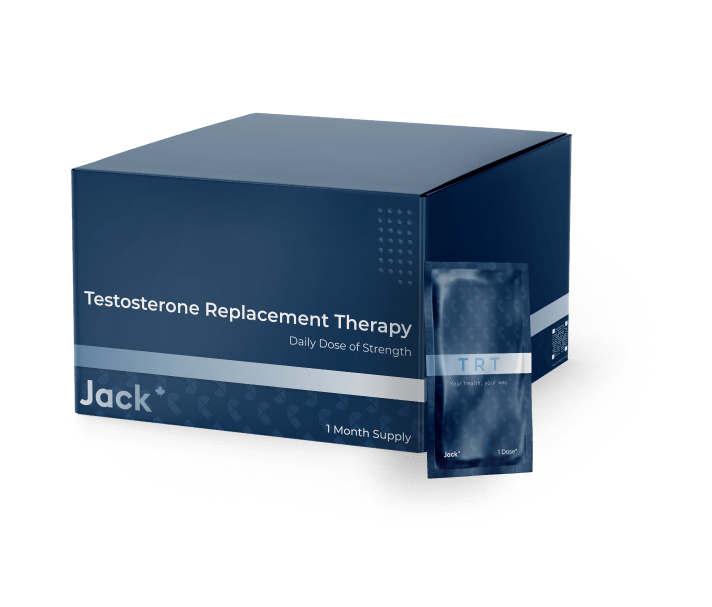




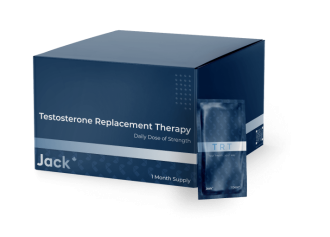
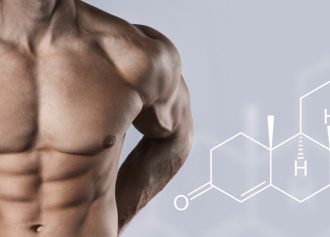
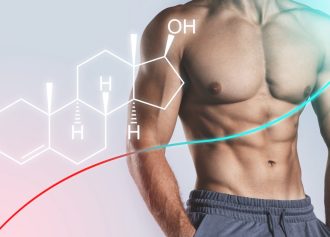
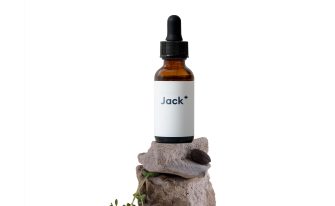
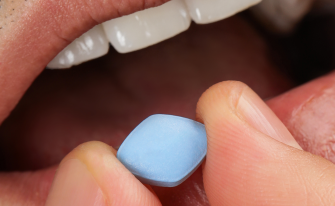



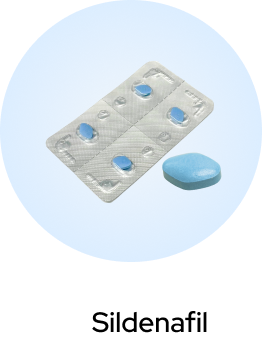
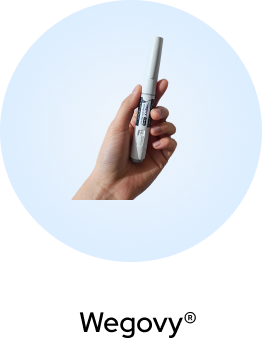
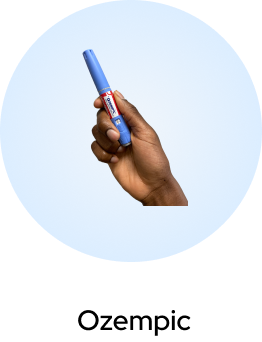


 (US)
(US)